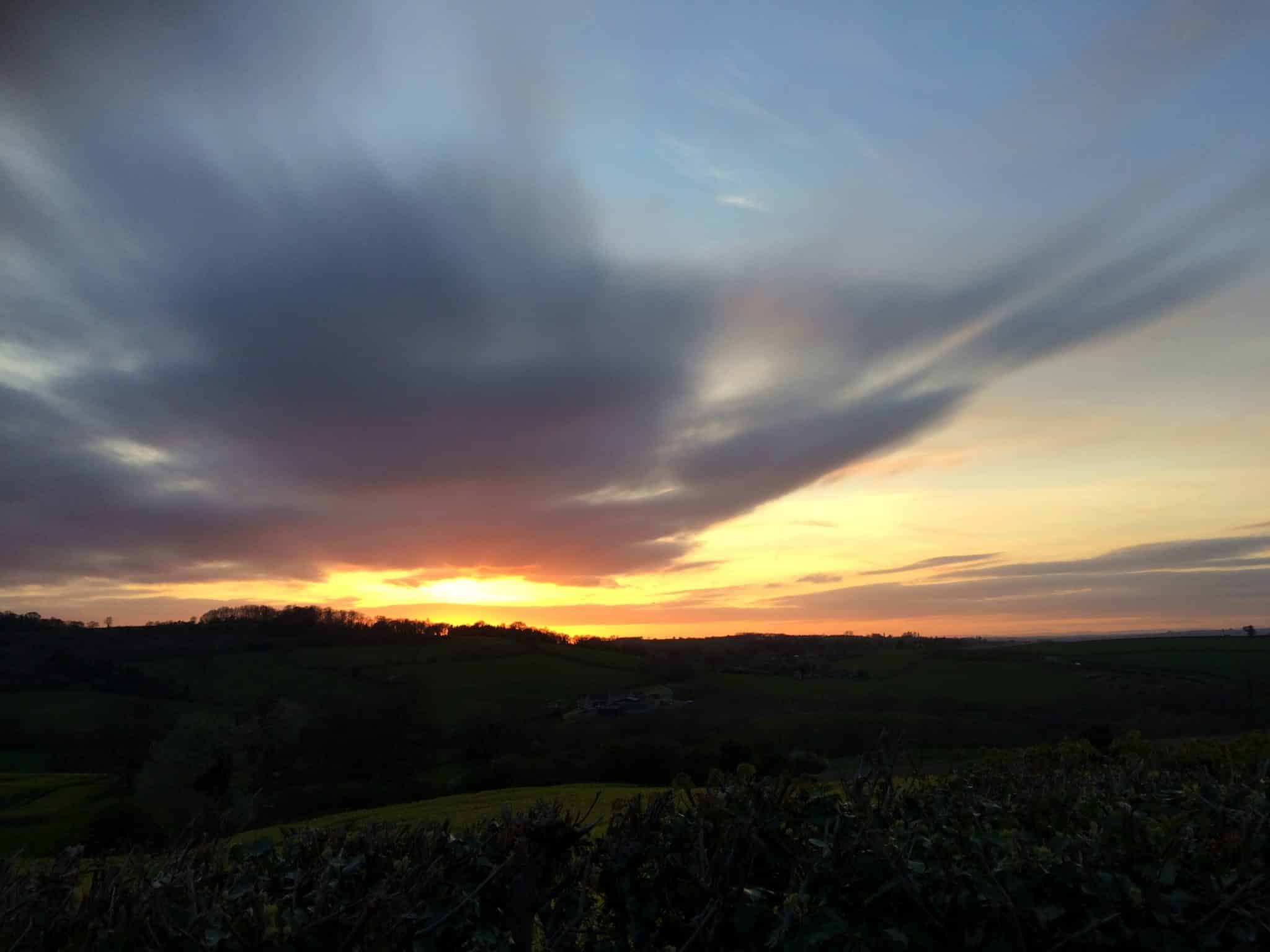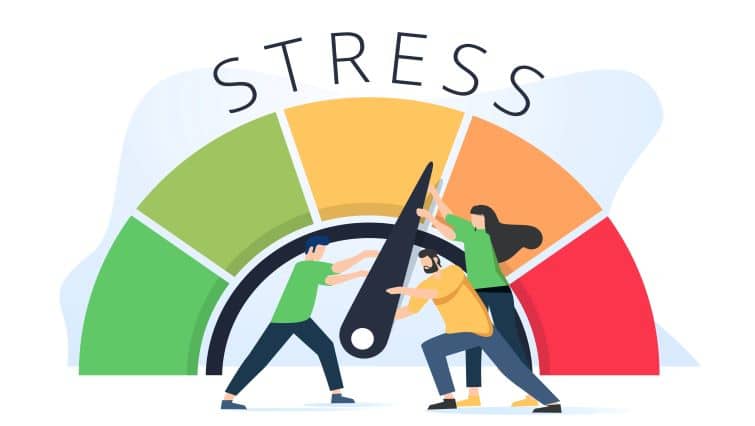#AskAMediator☝️ “What type of mediation do you do, and what inspired you to train as a mediator?”
“I find it utterly compelling and rewarding work.” (Audrey)
In this new year edition of #AskAMediator, we’re going back to basics to ask 10 expert mediators the simple question, “What type of mediation do you do, and what inspired you to train as a mediator?”
There can be some mystery as to what a mediator actually does, and #AskAMediator aims to demystify mediation!
For example, when I tell people I’m a mediator, sometimes they think I work with divorcing couples – but ‘family mediation’ is only one of the many types of mediation (and an arena I’m personally not qualified in).
So what do mediators do?
The Civil Mediation Council says: “Mediation helps those in dispute communicate about the issues of concern to them, and helps participants find solutions that are acceptable to everybody involved. Parties in dispute try to negotiate an agreeable settlement with the help of an impartial third person, who mediates between them. The mediator assists the parties through a discussion process with the objective of helping them find that settlement at the end.”
As you will see in the respondents’ answers below, mediation can help people resolve disputes in the fields of workplace, employment, special educational needs, disability, homelessness, health, social care, indebtedness, inheritance, property, land boundaries, copyright, neighbour relations, contracts, small claims, commerce, family matters and more…
One of the mediators, Susan, said, “I find it incredibly rewarding to work with people who feel ‘stuck’ and can see no way forward.” Dairo, writing from Nigeria, said, “I got interested in how fast mediation process is as opposed to litigation.”
And what inspires people to train as a mediator?
Not all mediators have legal backgrounds (I don’t!) and the journey towards being a mediator often involves the individual being impressed by seeing the powerful benefits that a confidential, supported resolution process can bring to people who are in dispute.
As one colleague, Charlotte, said, “It’s an opportunity to leave the conflict behind and focus on rebuilding a brighter more peaceful future.” Another mediator, Gary, wrote, “As a barrister I was disillusioned with the litigation process but always inspired by using negotiations to resolve disputes.”
My grateful thanks to the wonderful mediators who kindly responded to my #AskAMediator questions. Thank you for sharing what you do, and what inspired you to become a mediator. Perhaps, you’ll inspire other people to become a mediator, or to give mediation a go.
10 Mediators answer the question, “What type of mediation do you do, and what inspired you to train as a mediator?”
Charlotte May, based in Bradford on Avon, has been a mediator since 2011
What type of mediation do you do?
Court of Protection involving disputes between lasting power of attorneys, local authorities, health trusts, family members and care providers.
Workplace involving conflict in the workplace between all levels ranging from employees through Service Managers, Strategic Directors and CEOs
What inspired you to train as a mediator?
As a solicitor I specialised in a wide range of civil litigation. However, I have always been drawn to finding and developing peaceful solutions and trained as a mediator in 2011. Mediation offers all an opportunity for parties to have a say and listen to others involved. The mediator then actively and positively supports them to find a way through dialogue. The mediation agreement usually has steps and actions agreed by all, which supports them to move forward on the next step of their journey. It’s an opportunity to leave the conflict behind and focus on rebuilding a brighter more peaceful future. Most importantly, it avoids the stress, blame and angst of court proceedings and the final decision being made by a third party, namely the judge.
Lawrence Harrison, based in Bath, has been a mediator since 2010
What type of mediation do you do?
I get asked to mediate a very wide range of disputes but have particular experience in helping resolve:-
Inheritance disputes – where the conflict has arisen as a result of a death and where emotions run high and strong long held feelings are to the fore.
Copyright Disputes (in particular those involving the music and theatre industries)- where artists and their publishers and record companies are often trying to resolve disputes about long term agreements or breach of copyright.
Neighbour disputes (usually involving boundary, right of way or restrictive covenants) – where the fact that the conflict is literally close to home means emotions can run high.
As well as people or businesses in conflict almost all my mediations also involve solicitors and/or barristers advising those people as well. So there are usually a lot of people involved in the mediation rooms.
What inspired you to train as a mediator?
A long career as a commercial solicitor in media and entertainment law made painfully aware of the costs and risks faced by clients ‘going to court’. I saw my role as trying to resolve those disputes by settlement not court.
Mediation seemed to provide an effective tool to help people resolve conflicts without taking their dispute to court and I strongly believe that mediation can provide a more satisfactory and less costly resolution to practically any civil and commercial dispute.
Jumoke Abu-Okolo, based in Nigeria, has been a mediator since 2005
What type of mediation do you do?
Family Mediation, Community disputes, Contractual Mediation
What inspired you to train as a mediator?
I was interested in Mediation because it is a faster way of settling disputes than litigation
Pip Brown, based in Hove, has been a mediator since 2019
What type of mediation do you do?
Workplace mediation – between team members, managers/staff about issues getting in the way of their functional working relationships.
Also Special Educational Needs and Disabilities mediation – between families and local authorities about the special educational provision provided to children and young people with special educational needs.
What inspired you to train as a mediator?
I’m conscious that many of us find conflict difficult and upsetting. It’s amazing how much of a difference it can make to have the benefit of a neutral, impartial third party there to hold the space for difficult conversations to take place.
Alan Jeffrey, based in Edinburgh, has been a mediator since 2021
What type of mediation do you do?
Homelessness – repairing family relationships to keep young people from presenting as homeless.
Simple procedure – small claims court.
What inspired you to train as a mediator?
I started working for a charity as a conflict resolution workshop lead for young people
Dairo, based in Nigeria, has been a mediator since 2019
What type of mediation do you do?
Land disputes, Indebtedness, Tenancy, Family
What inspired you to train as a mediator?
I got interested in how fast mediation process is as opposed to Litigation
Audrey Dorival, based in London, has been a mediator since 2002
What type of mediation do you do?
I mainly specialise in special education needs mediation working with families and professionals in the sphere of education, health and social care.
What inspired you to train as a mediator?
I started my career as a commercial litigator in the City back in the 1990s. I heard about mediation through a friend who was also a litigator. I was curious about an alternative way of resolving disputes. As I learnt more about mediation, it made perfect sense to me as a better way of resolving conflict for clients. I started out with community mediation and then moved into special educational needs and disability mediation. I find it utterly compelling and rewarding work.
Meshack, based in Boksburg, South Africa, has been a mediator since 1998
What type of mediation do you do?
Workplace
What inspired you to train as a mediator?
Mediation processes I attended whilst still a trade unionist
Susan Hammond, based in Bristol, has been a mediator since 2021
What type of mediation do you do?
I offer workplace mediation and community mediation. They’re applicable to very different situations but have common threads for the participants of often being emotionally intense, requiring strong communication skills and the relationships between people being significant and of high value.
What inspired you to train as a mediator?
I started my mediation journey as an in-house mediator at a university: I was working with student groups to help them resolve their disputes.
I find it incredibly rewarding to work with people who feel ‘stuck’ and can see no way forward. We unpick the issues and by reality-checking assumptions (which we all make!) and re-framing how people have interpreted words and actions, people can move forward rapidly.
Gary Webber, from Bristol, has been a mediator since 2003
What type of mediation do you do?
All sorts of property disputes
What inspired you to train as a mediator?
As a barrister I was disillusioned with the litigation process but always inspired by using negotiations to resolve disputes.
Thank you to the 10 expert mediators
for sharing their inspiring work and contributions
Wishing you a peaceable 2024.
With all best wishes,
Arabella
___________________________________________________________________________
🕊️ My name is Arabella Tresilian and my mission as an accredited mediator is to help people achieve peaceable resolutions to challenging interpersonal dynamics. I help people in health, social care and the workplace to: 🪢 Resolve disagreements 🔗 Relate better ❤️🩹 Repair relationships 🧘 Restore wellbeing
2 ways I can help you achieve peaceable resolutions today:
💌 Subscribe to or share the #AskAMediator Newsletter where we’re on a mission to demystify mediation: http://eepurl.com/dmixCL
📅 Schedule a free Enquiry Call to discuss a disagreement you are facing: https://arabellatresilian.com/book-now/
If you enjoyed the #AskAMediator newsletter you can:
- Submit an #AskAMediator Question here: https://forms.gle/g7xXYxVTSbaXjsAo7
- Read previous Newsletters here: https://arabellatresilian.com/category/askamediator/
- Mediators, please answer readers’ questions for future editions: https://forms.gle/ytyxYcP5e74aSVVC8
#peaceableresolutions





